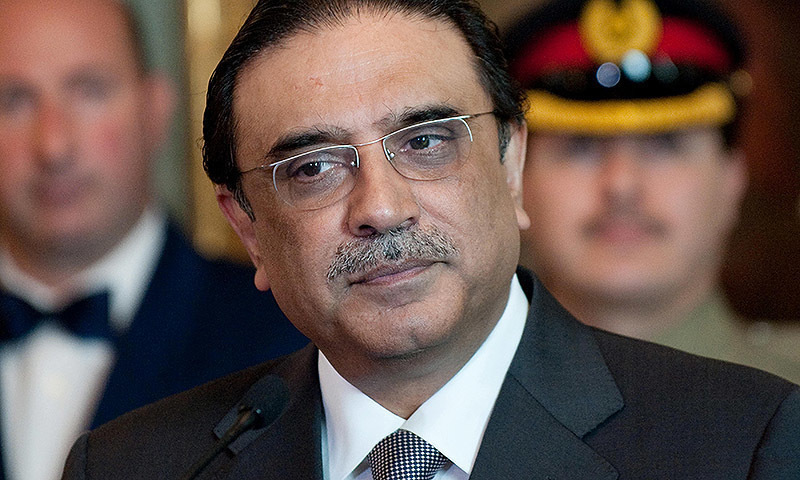President Asif Zardari signed the Finance Amendment Bill 2024 and sent the document back to the Parliament, as the budget will come into effect from July 1 (today) – the day when the new fiscal year starts.
It is surely a test for the coalition government led by PML-N given the fact that the salaried classes have once again been burdened with increase in taxes amid imminent energy tariff hikes to please the International Monetary Fund (IMF) as Pakistan is desperate to secure a “bigger” and “longer” loan which carries harsh conditions.
The federal budget, totalling Rs18,877 billion, was passed by the National Assembly on Friday with several amendments, introducing changes to various taxes and duties.
It is estimated that the finance bill will help the government generate over Rs200bn in additional revenue.
Obviously, Pakistan needs to improve the existing abysmal tax-to-GDP ratio which is below 9 per cent, but the method to achieve the goal has again disappointed masses as well as many economists who were hoping that the government bring those sectors into tax net, which has remained untouched so far.
Moreover, Prime Shehbaz Sharif and his team have again failed to withdraw the exemptions enjoyed by different powerful interests to the tune of billions of dollars annually.
Although there has been steep decline in inflation as reflected by the consumer price index (CPI) which dropped to 11.3pc in May 2024 against a record high of 38.0pc in May 2023, these indirect taxes coupled energy tariff hikes will further reduce the low-income groups’ purchasing power amid the current unprecedented cost of living crisis.










